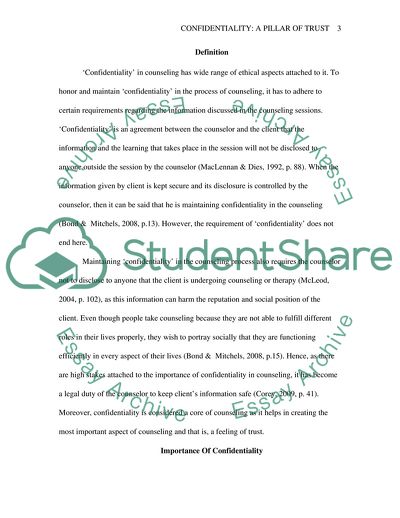Cite this document
(Psychotherapists Ability to Maintain Confidentiality Research Paper - 1, n.d.)
Psychotherapists Ability to Maintain Confidentiality Research Paper - 1. https://studentshare.org/psychology/1751173-confidentiality
Psychotherapists Ability to Maintain Confidentiality Research Paper - 1. https://studentshare.org/psychology/1751173-confidentiality
(Psychotherapists Ability to Maintain Confidentiality Research Paper - 1)
Psychotherapists Ability to Maintain Confidentiality Research Paper - 1. https://studentshare.org/psychology/1751173-confidentiality.
Psychotherapists Ability to Maintain Confidentiality Research Paper - 1. https://studentshare.org/psychology/1751173-confidentiality.
“Psychotherapists Ability to Maintain Confidentiality Research Paper - 1”. https://studentshare.org/psychology/1751173-confidentiality.


